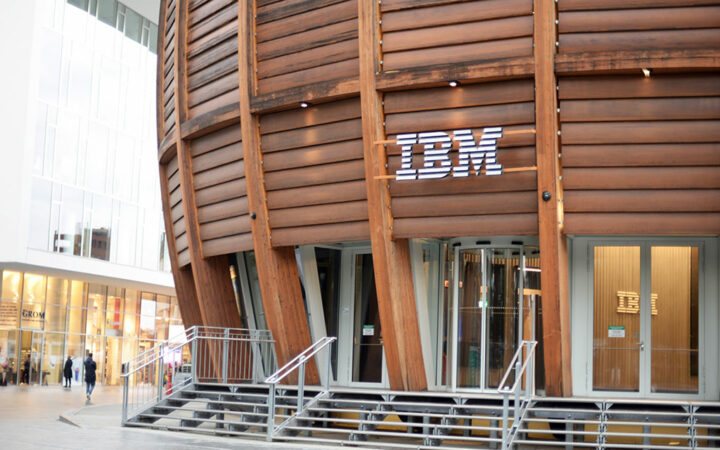Taking strong interest in blockchain, cryptocurrencies, and IoT, Tatsiana Yablonskaya got deep understanding of the emerging techs believing in their potential to drive the future.
Natixis, IBM and Trafigura have partnered to come up with the first blockchain solution in commodity trade finance for US crude oil transactions. The companies have developed a distributed ledger platform on the basis of Linux Foundation open source Hyperledger Fabric. The platform enables digitizing major steps in a crude oil transaction on the blockchain, which allows for more transparency, security, and efficiency.
As far as all parties (buyer, seller, and their respective banks) are on the same ledger, they can simultaneously view and share data on the status of a transaction – from the moment of new trade confirmation to the moment of final delivery of crude oil and cancellation of the letter of credit. All the trade documents, shipment updates, delivery and payment status are also shared across a single shared ledger, which reduces transaction time, duplication of documents and authentication processes among all trading partners. Traditionally, these transactions look like long chains of workflows and paper-based processes including exchange of information via courier, fax and email.
“Together with Natixis and IBM, we have analyzed the workflow of crude oil transactions in the US, detailing the different steps of a transaction, our interactions with the financial institutions and the documents exchanged among the various parties,” said Rodney Malcolm, Trafigura Trading’s North American Chief Financial Officer. “The goal is to replace paper-heavy manual processes with blockchain-based workflows to improve transparency and data sharing. With the distributed ledger technology, all transaction participants in the network are updated simultaneously with a record that cannot be altered or tampered with. Each change or new transaction immediately creates a new record in the shared ledger.”
Natixis, IBM and Trafigura offer a solution that reduces cash cycle times, improves efficiency via lower overhead costs and fewer cost intermediaries, increases transaction visibility to minimize the risk of tampering, fraud and cyber-crime, and allows for transparent transactions by using shared processes and recordkeeping.
Nowadays, the global crude oil industry is mostly driven by manual, non-digital processes. The development of distributed ledger platform is a step forward in a more ambitious effort to modernize trading in the sphere.
“Natixis wants to use blockchain to enhance client service by optimizing the antiquated arena of commodity trade finance,” said Arnaud Stevens, Natixis’ New York Head of Global Energy & Commodities. “The current process is paper and labor intensive, we have multiple friction points with high processing costs and limited automation. Distributed ledger technology brings some much-needed innovation into our industry.”
“Processes in the energy and commodities trade business are ripe for improvement,” said James Wallis, Vice President, blockchain markets and engagements, IBM. “The approach we are taking, using a permissioned blockchain network built on the Hyperledger Fabric, has the potential to transform the crude oil industry by creating consistency in trade finance and by digitizing transactions and information sharing. Creating this ecosystem for the commodities market working with two world leaders in this industry will help create an entirely new approach to managing the global commodities trade.”
The distributed ledger for crude oil transactions can be adopted at scale across the entire industry. The development of a shared permissioned ledger for use across all trading partners can bring even more benefits in the future.





